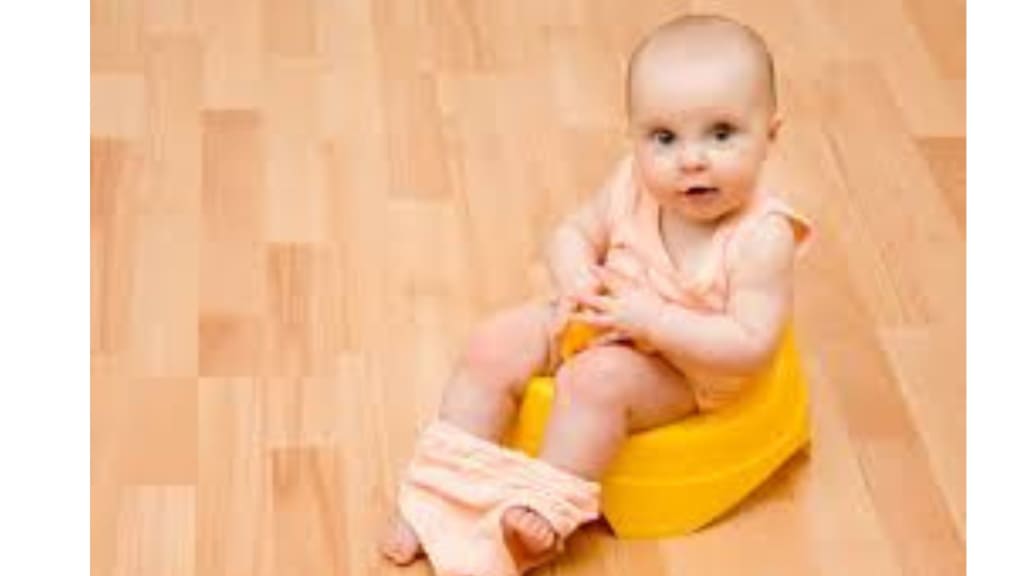Baby poop chart and When you need to worry?
The baby poop chart differs for many reasons.

Every time your baby poops, it can be nerve-wracking when you’re a new parent. Do they need to go to the doctor, or is this normal? The baby poop chart provided in this article will be helpful. Everyone poops, but the first few months of life are particularly interesting for your baby’s poop. If you haven’t gasped or exclaimed, “Woo!” You need to change more diapers if you have not at least once removed your baby’s diaper.
It makes sense that it would become a frequent conversation between parents and a child’s primary care provider, given the variety of colors, consistency, size, and scents. But there are valid reasons to be concerned about your baby’s stool. So that you can learn a lot about your baby’s health and growth from their stools, keep track of the quantity and color of your baby’s excrement during the first few weeks and days of life. It will help your pediatrician determine how well your child is eating and developing.
When to worry?
Here’s a quick rundown of when you should and shouldn’t worry about your baby’s poop. The baby poop chart differs for many reasons. It depends on their stage of growth, their feed and so on.
1. Newborns: The first few times your newborn poops, it will be sticky and black, like tar. This black poop is called meconium, and it’s made up of things in their intestines while in the womb, like amniotic fluid, mucus, and skin cells.
After a day or two, their poop will start to turn greenish-brown. There is no reason to worry because this is common.
2. Babies on formula: If your baby is on formula, their poop will be tan or yellowish-brown, and it will be pretty soft (but not watery). Again, this is normal.
3. Babies on solid food: Once your baby starts eating solid food, their poop will change again. It may be more solid than before and maybe a different color (depending on what they ate). But as long as it’s not watery or hard, there’s no need to worry.
4. When to worry: There are a few times when you should be worried about your baby’s poop. If it’s watery or very runny, that could be a sign of diarrhea, which can lead to dehydration. It could be a sign of constipation if it’s hard and dry. And if it’s bloody or black, that could signify a more serious problem.
If you’re ever concerned about your baby’s poop, the best thing to do is to give your pediatrician a call. They can help you understand whether you should be bothered or if everything is fine.
Baby’s poop should smell like baby’s poop
When it comes to baby poop, there are a lot of myths and misconceptions out there. One of the most common is that baby poop should smell like baby powder or roses. This isn’t true! Baby poop should smell like, well, poop. If it smells sweet or fruity, that could be a sign of diabetes. If it smells foul or fishy, that could be a sign of an infection.
If you’re concerned about your baby’s poop smell, the best thing to do is talk to your pediatrician. They can help you figure out if there’s anything to worry about.
Healthy baby poop doesn’t have a color or texture
As a new parent, you may wonder if such a thing as healthy baby poop exists. The answer is yes! Healthy baby poop doesn’t have a color or texture. It should be soft and easy to pass. If your baby has trouble passing stool, it may be a sign of constipation.
Formula is a bad sign (differs from breast milk)
Regarding your baby’s poop, the formula is a bad sign. Formula-fed babies tend to have firmer, more putrid-smelling stools than breastfed babies. The formula is harder to digest and doesn’t provide the same nutrients as breast milk. Additionally, formula-fed babies are more likely to suffer from constipation and diarrhea.
If your baby is formula-fed, talk to your pediatrician about ways to make their stool softer and easier to pass. You may need to switch to a different brand of formula or add a stool softener to your baby’s diet.
Mustard yellow – baby’s poop is not normal
If your baby’s poop is a mustard yellow color, this is not normal, and you should be concerned. It could be a sign of a liver problem, such as jaundice. If you notice that your baby’s skin and the whites of the eyes are also yellow, this is an even more serious sign, and you should seek medical attention immediately.
Blood red- Abnormal
If you see blood in your baby’s stool, it could be a sign of a severe health issue. Contact your doctor immediately if you see blood in your baby’s stool.
Green – baby’s poop is not normal
If your baby’s poop is green, this is not normal, and you should be concerned. It could signify an infection or other medical problem. If you notice that your baby’s poop is watery or has blood in it, this is an even more serious sign, and you should seek medical attention immediately.
If your baby has diarrhea, their poop is going to be different. They may be watery, more frequent, and have a loose or runny consistency. Several things, including infection, food intolerance, or teething, can cause diarrhea.
It’s essential to check for signs of dehydration in your baby if they have diarrhea. Dehydration can happen quickly in babies, so giving them plenty of fluids and monitoring their wet diapers is essential. If you’re concerned that your baby is dehydrated, contact your doctor.
White poop – Liver blockage
White or gray poop is due to liver blockage. White granules in their poop are normal but not completely white poop.
Conclusion
You’re bound to have questions about your baby’s poop as a parent. By rubbing their stomach and cycling their legs, you can create pressure on your baby’s belly and help the poop to come out more quickly. After all, it can be not very clear trying to figure out what’s normal and what’s not.
If you’re unsure or concerned about your baby’s poop, don’t hesitate to contact your pediatrician for guidance. Finally, the baby poop chart indicates that green, black, mustard yellow, and red are alarming poop colors and that you should seek medical advice immediately.





Comments
There are no comments for this story
Be the first to respond and start the conversation.